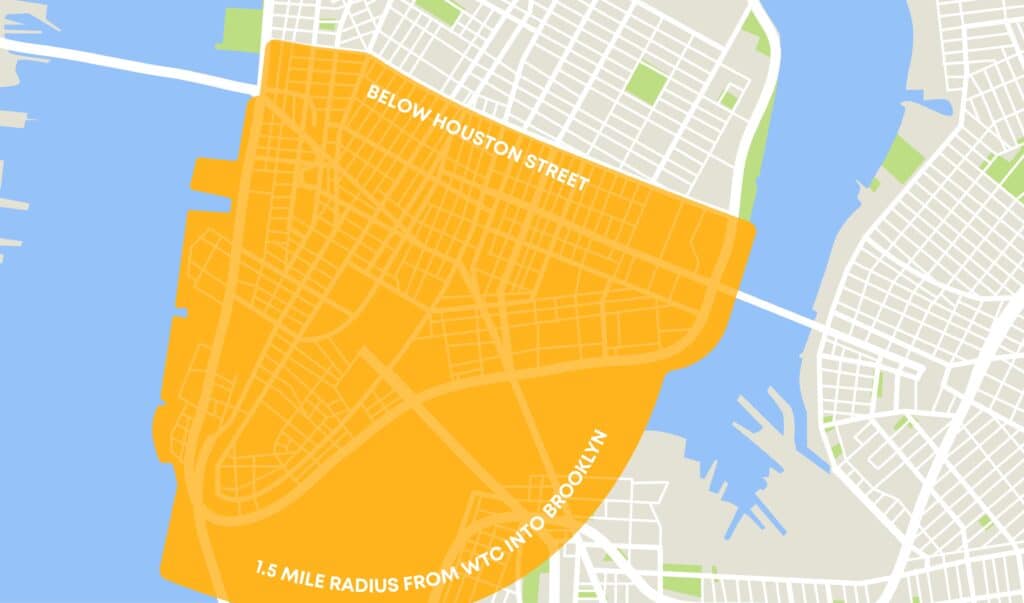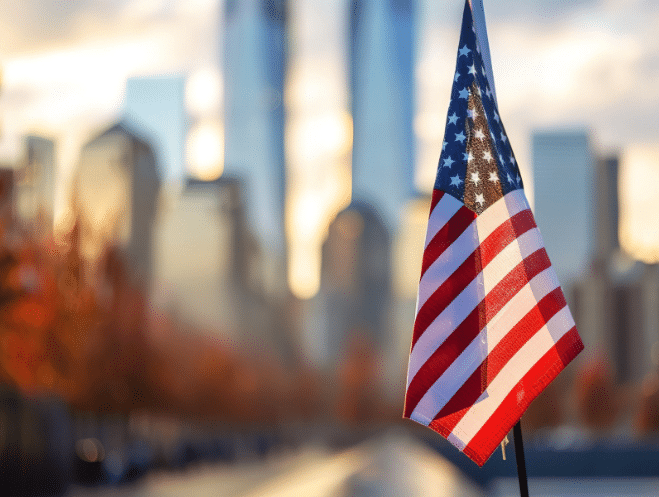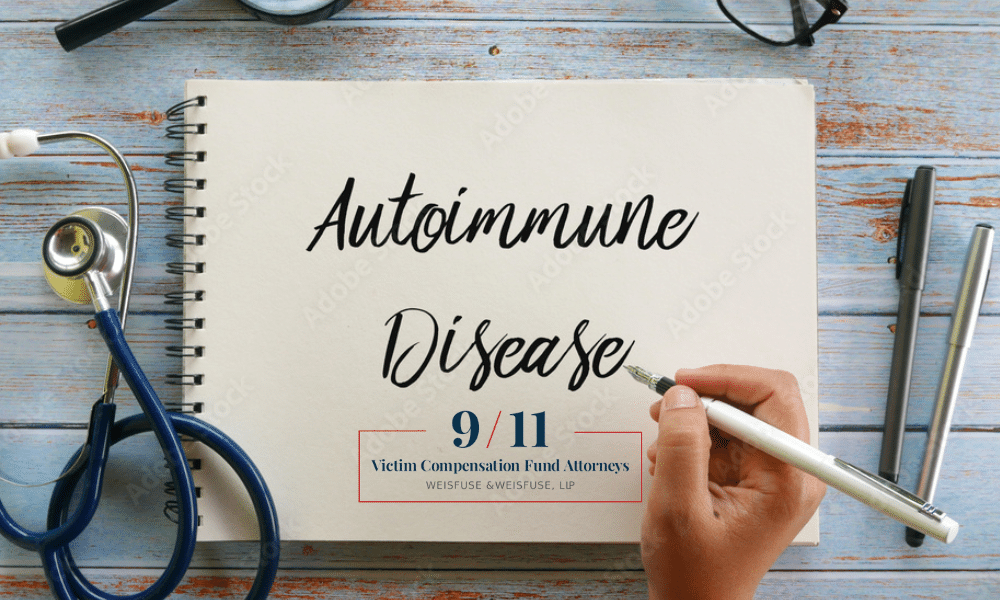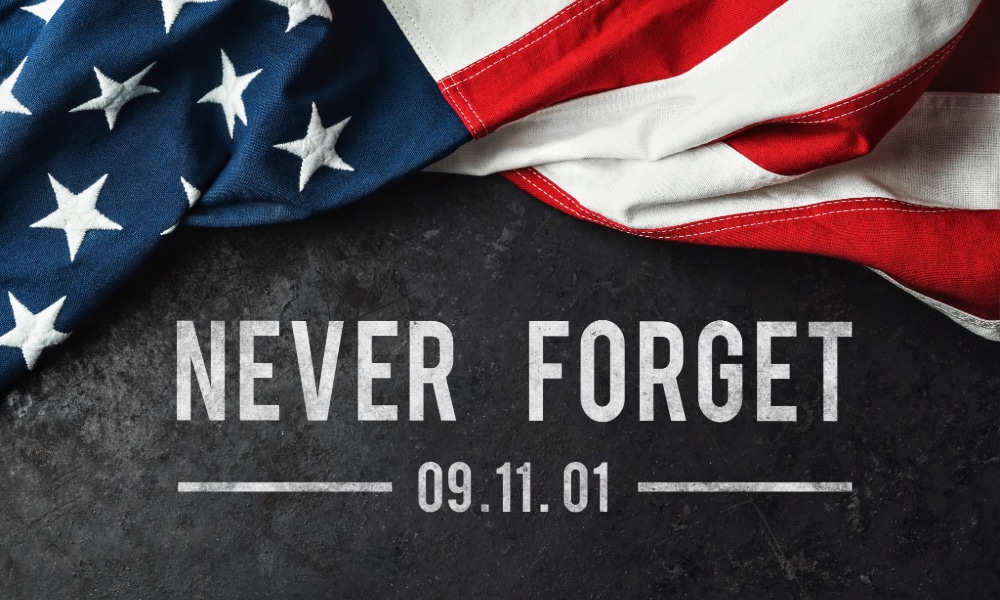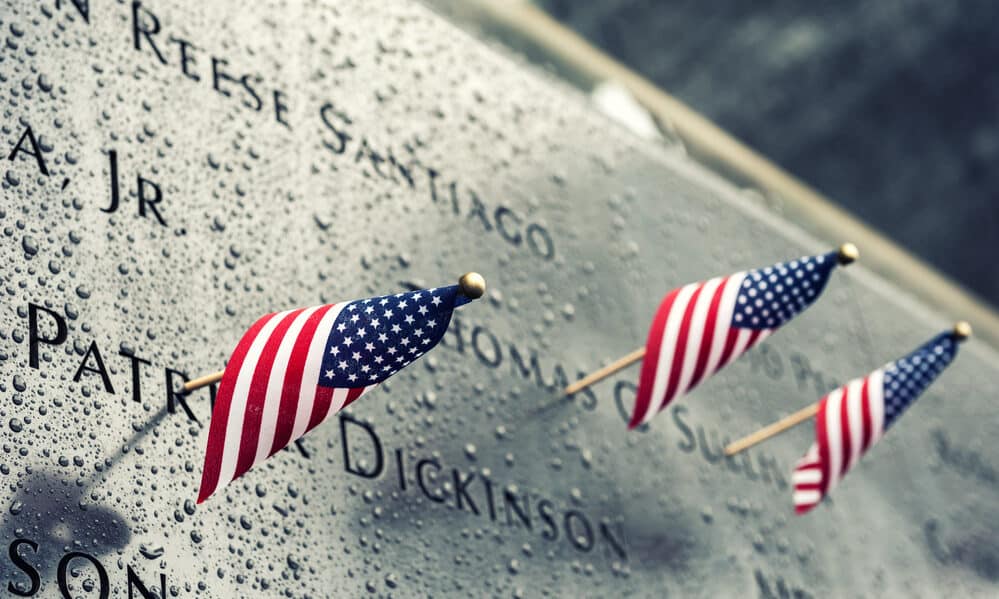
On the tragic day of September 11th, 2001, in the heart of New York City, terrorists inflicted an unimaginable tragedy claiming the lives of around 2,750 individuals. Little did the world anticipate that nearly two decades later, survivors would endure ongoing suffering and succumb to illnesses resulting from exposure to toxic dust. The toll of lives lost has tragically surpassed the initial count.
In a glimmer of hope, the 2010 James Zadroga 9/11 Health and Compensation Act emerged, introducing two pivotal programs for victims: financial compensation and essential healthcare. An estimated 500,000 people faced the brunt of toxic dust on and after 9/11, and the Zadroga Act birthed the World Trade Center Health Program (WTCHP), a cornerstone certifying various illnesses for medical treatment and compensation through the September 11th Victim Compensation Fund (VCF).
To navigate this complex process, Weisfuse & Weisfuse LLP, 9/11 VCF Attorneys, stands by your side, providing steadfast guidance and support. Contact us today at 212-983-3000 for a free and confidential consultation.
9/11 Victim Compensation Fund eligibility & coverage
In order to be eligible for compensation under the VCF, It is important to note that victims must first enroll in the World Trade Center Health Program (WTCHP) in order to submit a claim to the September 11th Victim Compensation Fund (VCF) for compensation. Responders and survivors who were present in the Lower Manhattan Exposure Zone on 9/11 or within the specified period of time following the 9/11 WTC attack are generally eligible for the WTCHP and VCF compensation.
More specifically, those eligible include:
- First Responders, including NYPD officers, firefighters, and all emergency and rescue workers;
- Clean-up workers
- Truck and bus drivers;
- Residents of Lower Manhattan who lived in the NYC Exposure Zone;
- Students in Lower Manhattan whose schools were in the NYC Exposure Zone;
- Anyone working in Lower Manhattan, in the NYC Exposure Zone; and
- Anyone present when the towers collapsed, who was subsequently trapped in the resulting dust cloud.
In addition to belonging to one of the categories above, the eligible individual must be able to show that:
- They were present in the NYC Exposure Zone between September 11, 2001, and May 30, 2002;
- They were present for at least a significant number of hours; and
- They are suffering from a 9/11-related illness as certified by the WTC Health Program
Proof necessary to qualify for the 9/11 Victim Compensation Fund
To help ensure eligibility for compensation, proof of presence in the NYC Exposure Zone within the timeframe must be included in the VCF application. Among the acceptable documents:
- Employer records confirming presence
- Proof of residence in the NYC Exposure Zone such as rent or mortgage receipts or utility bills
- Contemporaneous documents, such as medical bills for treatment for injuries that occurred on the site or school attendance records
Those directly in the dust cloud on September 11th, 2001, and those doing cleanup near Ground Zero and on or adjacent to the pile/pit, are at the greatest risk for 9/11-related illnesses, including cancers. Those who were present, going about their normal activities within the Lower Manhattan Exposure Zone, are also at risk.
Whether the victim was a first responder, office worker, resident, student, stockbroker, teacher, janitor, construction worker, volunteer, visitor or tourist, they may be entitled to compensation and quality health care if they are suffering from 9/11-related health problems.
Increased enrollment in the World Trade Center Health Program
From December 2017 through September 2022, there has been a nearly 18 percent increase in the number of first responders and approximately a 60 percent increase in the number of survivors who have enrolled in the World Trade Center Health Program. This is significant since having a 9/11 medical condition as certified by the WTC Health Program is a required first step in being able to apply for September 11th Victim Compensation Fund compensation.
Newly certified 9/11 medical conditions to receive 9/11 compensation
Petitions to add new compensable 9/11 medical conditions are given consideration. Requests are submitted to the Scientific/Technical Advisory Committee (STAC), which has 90 days to review the data and provide a recommendation. The February 18, 2014 cancer amendment rule was designed to include “rare cancers.” Among these was the inclusion of certain brain cancers, invasive cervical cancer, testicular cancer and pancreatic cancer.
As of January 2023, uterine cancer is now on the list of certifiable 9/11-related cancers. Up to that point, it was the only cancer not included as a certifiable 9/11 cancer. This is particularly important for any survivor of a previously non-certified condition as they may reapply for September 11th Victim Compensation Fund compensation.
In addition to cancers, a survivor may be eligible for 9/11 compensation if he or she was made ill by exposure to the toxic dust from the collapse of the World Trade Center and suffers from:
- Acute traumatic injuries such as head trauma, burns and eye injuries
- Airway and digestive (aerodigestive) disorders such as GERD, new onset or 9/11 exacerbated COPD, and interstitial lung disease
- Mental health issues related to 9/11, including panic disorders, depression and PTSD
How the September 11th VCF determines eligibility
Anyone who has been certified by the WTC Health Program as having a 9/11-related illness or medical condition is eligible to apply for September 11 Victim Compensation Fund compensation. Those seeking 9/11 compensation must register. It is not necessary to have WTC Health Program certification or even be sick to register, but it does serve to notify the September 11th Victim Compensation Fund that a survivor may have a potential claim. Registration is considered to be “on time” if it was submitted within two years of the date on which the claimant knew or reasonably should have known:
- that the victim suffered a physical harm as a result of the terrorist-related aircraft crashes of September 11, 2001, or debris removal in the immediate aftermath, and
- that the claimant was eligible to file a claim with the September 11th Victim Compensation Fund.
Filing a claim is not the same as registering. Filing a claim requires having a certified 9/11 condition. If a survivor (or the personal representative of a deceased victim) meets all eligibility requirements, including proof of presence, maximum and minimum time intervals between exposure and onset of symptoms, includes all documentation and meets deadlines and other VCF requirements, they may be eligible for 9/11 compensation.
Contact Weisfuse & Weisfuse LLP for Help
Anyone who has a 9/11 medical condition, and any family who has lost a parent, spouse, or child caused by the terrorist attacks, should be compensated. That is what the September 11th Victim Compensation Fund was created for.
Our lawyers can assist with collecting documentation, proof of presence, and navigating what can be a confusing process, particularly in the face of a 9/11 illness or the death of a loved one. To learn more about how we can help, please call us at 212-983-3000 or contact us online to schedule a free consultation.


